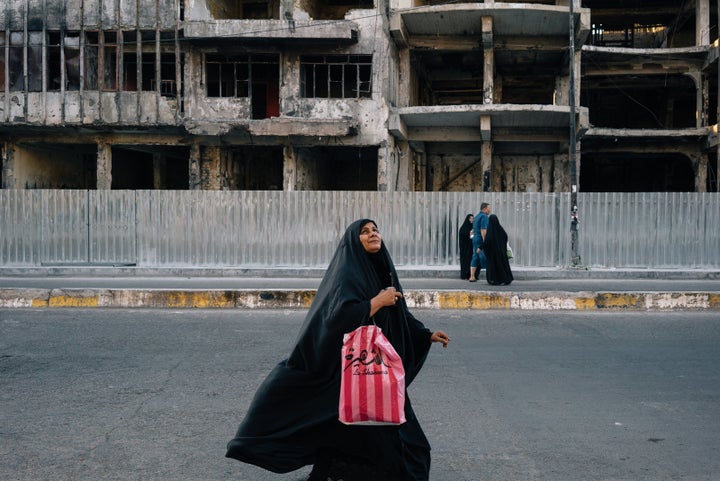
Middle-East correspondent Borzou Daragahi reports on the recent history of terrorist attacks in Iraq, stating that since the US invasion, thirteen years ago, it “unleashed a new era of instability” which has made “many around the world numb to violence in the Middle East, especially in Baghdad…. The country remains the world’s leading location of terrorist incidents, and Baghdad is the most dangerous city, with more than 1,000 incidents recorded each year.”
“In New York, it’s once every 10 years,” says Dr. Ramzi Hadi Moussa, director of emergency ambulance services at Iraq’s Ministry of Health. “We are facing bombs every day. Bomb, bomb, bomb — every day.”
Mr. Daragahi further reports: “In October, a suicide bomber set off an explosion as a group of Shia religious pilgrims celebrated the martyrdom of Imam Hussein, the grandson of the Prophet Muhammad. ISIS claimed responsibility for the attack, in which at least 35 people were killed. It went barely reported by international media. But terrorist attacks in Baghdad rarely have any political consequences. Just as Americans have grown numb to mass murders at schools, so too have residents of Baghdad mostly learned to shrug at the repeated bombings. Normal life proceeds. Street vendors and shop owners who survive bombings rinse their friends’ blood from their hands and sweep away the broken glass, setting up their stands at outdoor markets or reopening their doors, sometimes just hours after attacks. Men, women, and children stoically return to the new shopping malls, cafés, and parks that have sprouted around the capital.”
This moving and edifying piece is a must read on the realties of what many Iraqis sadly face during their daily lives —



